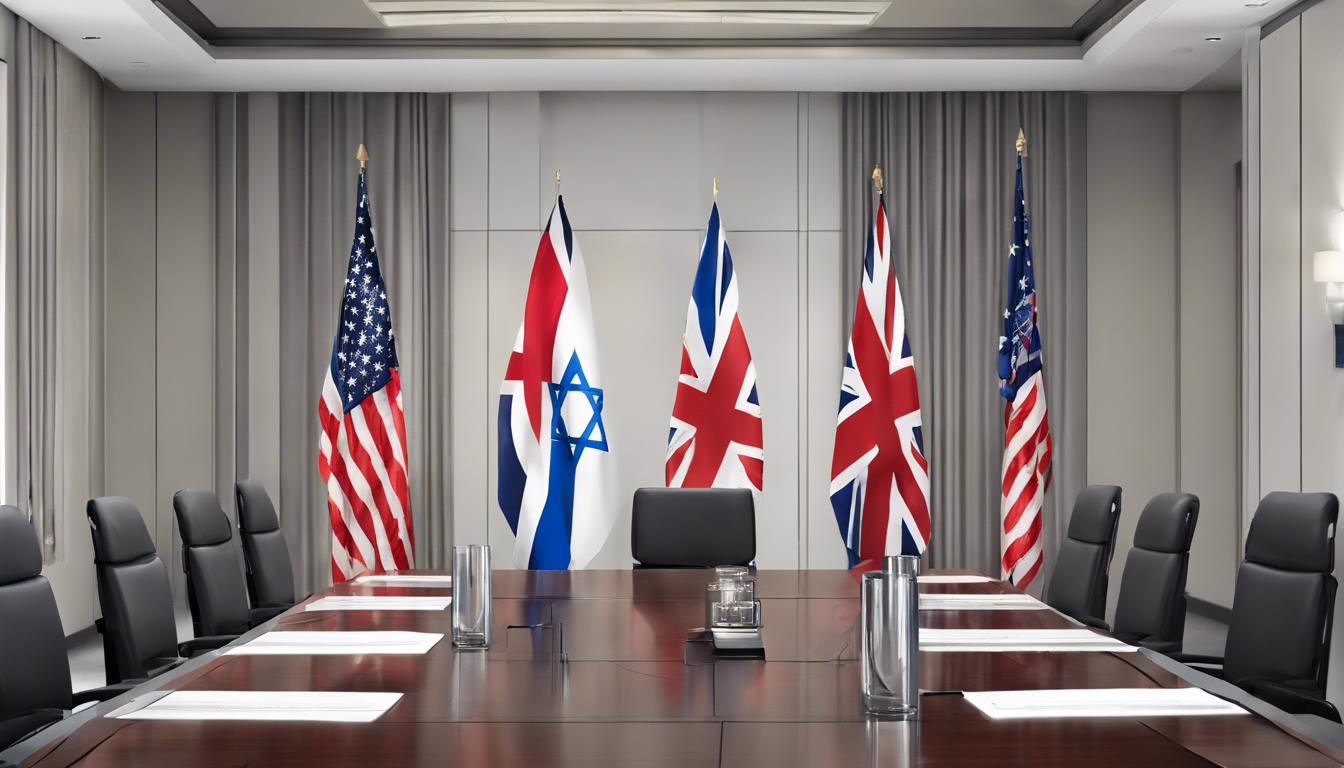Israeli Prime Minister Benjamin Netanyahu’s decision to cancel a planned visit to Washington highlights a growing diplomatic rift with the US following a pivot in policy on the Gaza conflict.
Israeli Prime Minister Benjamin Netanyahu’s decision to cancel a planned visit to Washington by a high-level Israeli delegation has caused disappointment in the White House, underscoring a diplomatic rift between the United States and Israel. This development came after the US abstained from vetoing a UN Security Council resolution calling for a ceasefire in Gaza during the holy month of Ramadan. The resolution, which aims to halt hostilities and facilitate the flow of humanitarian aid, was supported by 14 nations, marking a noticeable shift in US policy towards the conflict. Traditionally, the United States has used its veto power to block similar resolutions.
The UK government has expressed support for the UN Security Council resolution, emphasizing the urgent need to prevent further loss of Palestinian lives and address the looming humanitarian crisis in Gaza. The resolution seeks not only a temporary ceasefire but also the release of hostages held by Hamas, with a broader aim of establishing a sustainable peace and the removal of Hamas from power in Gaza. Despite Israel feeling abandoned by its key ally, the US, for the resolution not being vetoed, the UK maintains its support for Israel’s right to defend itself while advocating for an end to hostilities.
In addition to the ongoing conflict, the UK has announced sanctions against two individuals and a company affiliated with a Chinese state cyber entity. This action comes in response to malicious cyber campaigns against British Members of Parliament and democratic institutions, including a compromise of the Electoral Commission between 2021 and 2022.
The international calls for a ceasefire in Gaza have garnered significant attention, reflecting the complexities of diplomatic relations in conflict zones and the challenges in achieving lasting peace. The situation continues to evolve as global stakeholders, including the UK and US, navigate the delicate balance between supporting allies and addressing humanitarian concerns.













